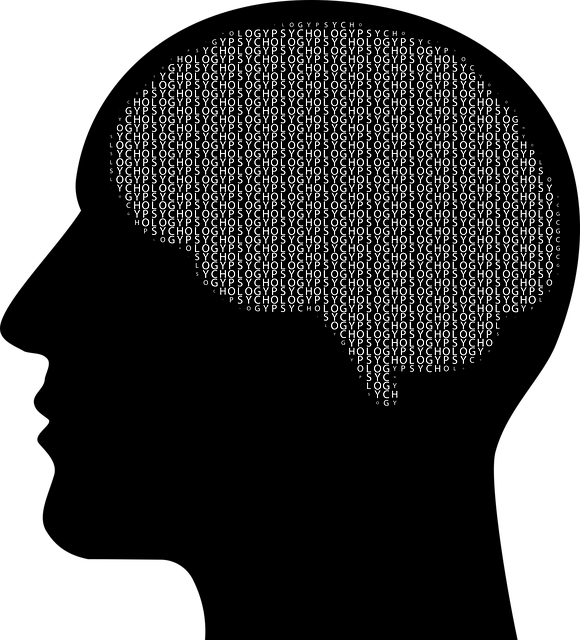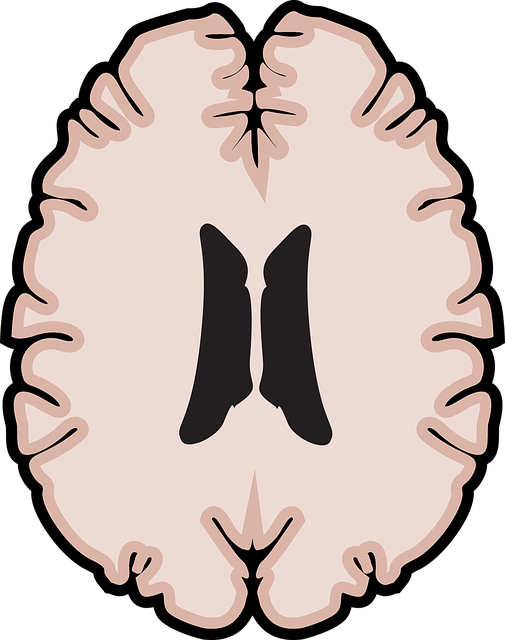Mental wellness is a foundational aspect of child development, with early intervention through supportive environments, self-care routines (e.g., mindfulness, physical activity), effective therapy, open family communication, and culturally sensitive care empowering children to manage emotional challenges. Similarly, couples facing communication issues can benefit from therapy, particularly cognitive-behavioral therapy (CBT) and mindfulness-based approaches, to improve thought patterns, conflict resolution, emotional intelligence, and connection. Personalized self-care routines, including exercise, mindfulness, creativity, and sleep, enhance mental health for individuals in therapy or with relationship issues, while trauma support services facilitate resilience and healthier relationships.
Developing a mental wellness self-care routine is crucial for maintaining optimal mental health. This article explores essential aspects of mental wellness, focusing on self-care practices tailored for young children and couples with communication issues. We delve into effective therapy techniques to enhance communication in relationships and provide strategies for building a comprehensive routine. By understanding the unique needs of young minds and navigating couples’ communication barriers, individuals can foster healthier lives through targeted self-care. Additionally, we discuss therapy approaches, such as cognitive-behavioral therapy, that aid in addressing underlying mental health concerns in children and adults alike.
- Understanding Mental Wellness and Self-Care for Young Children
- Therapy Techniques to Address Communication Issues in Couples
- Building a Comprehensive Routine for Optimal Mental Health
Understanding Mental Wellness and Self-Care for Young Children

Mental wellness is a foundational aspect of a child’s overall development. For young children, understanding and nurturing their mental health involves creating a supportive environment that fosters emotional expression and resilience. Self-care routines play a pivotal role in this process, teaching them healthy coping mechanisms and promoting inner strength development from an early age. By integrating simple practices such as mindful breathing exercises, creative outlets, and regular physical activity into their daily lives, parents and caregivers can help children develop essential skills to manage stress, regulate emotions, and enhance their overall well-being.
Early intervention in mental wellness is crucial, addressing any potential issues through therapy for young children. This includes recognizing and supporting them in navigating life’s challenges, cultivating healthy communication patterns within the family, and fostering cultural sensitivity in mental healthcare practice. Effective self-care routines not only prevent burnout but also empower children to advocate for their emotional needs, ensuring they grow up with a strong sense of self and the tools to thrive in a demanding world.
Therapy Techniques to Address Communication Issues in Couples

Many couples struggle with communication issues, which can significantly impact their mental wellness. Therapy offers a safe space to address these challenges and strengthen bonds. Techniques such as cognitive-behavioral therapy (CBT) teach individuals to identify and change negative thought patterns and behaviors that may be hindering open dialogue. Through CBT, couples can learn effective communication strategies, improve conflict resolution skills, and build resilience in their relationships.
Additionally, mindfulness-based therapies encourage present-moment awareness and emotional intelligence—key aspects for fostering healthy conversations. These approaches help partners understand each other’s perspectives, manage stress reduction methods, and enhance overall emotional connection. By incorporating therapy techniques tailored to communication issues, young children and couples can navigate their relationships with greater ease, leading to improved mental wellness outcomes.
Building a Comprehensive Routine for Optimal Mental Health

Building a comprehensive self-care routine is essential for maintaining and improving mental health, especially for those navigating therapy or dealing with communication issues in relationships. It’s a holistic approach that goes beyond addressing specific symptoms; it empowers individuals to take an active role in nurturing their well-being. By integrating various self-care practices into daily life, one can foster resilience, promote positive thinking, and enhance overall mental wellness.
This routine should be tailored to individual needs, incorporating activities like regular exercise, mindfulness practices, creative outlets, and quality sleep. For couples experiencing communication challenges, dedicated time for open dialogue and shared experiences within the self-care routine can significantly improve connection and understanding. Moreover, seeking trauma support services or integrating techniques specifically designed to process past traumas can be transformative in building a robust foundation for mental health and fostering healthy relationships, including therapy for young children.
Mental wellness self-care routines are essential for promoting optimal mental health, especially among young children and couples facing communication issues. By understanding the unique needs of both groups, individuals can develop tailored strategies that incorporate therapy techniques to address specific challenges. A comprehensive routine that integrates these practices fosters a healthier mind, enhances well-being, and strengthens relationships. For parents seeking support for their children’s mental health or couples aiming to improve communication, recognizing the value of self-care and exploring available therapy options is a crucial step towards a brighter and more connected future.










